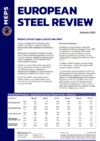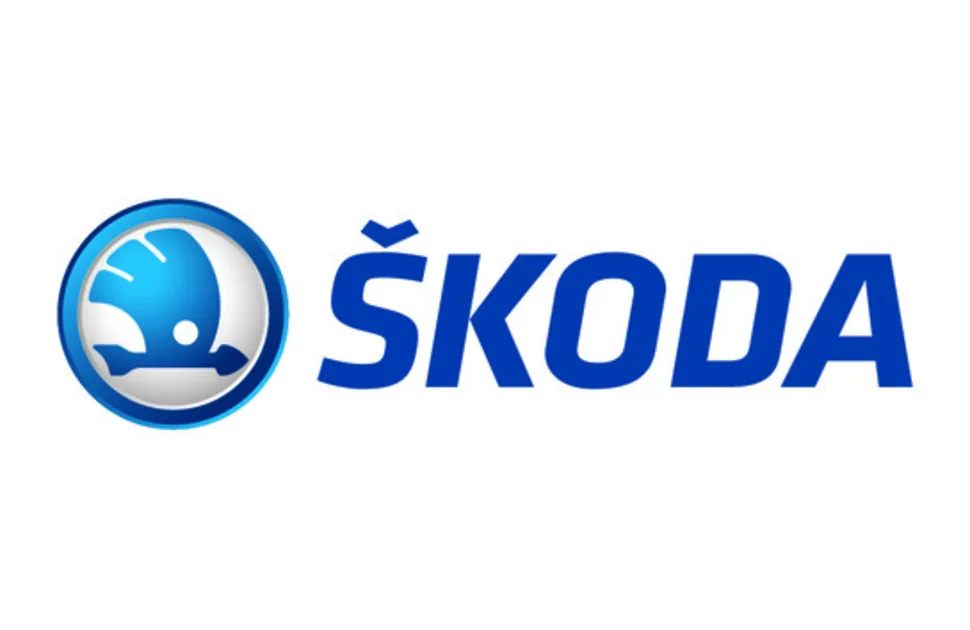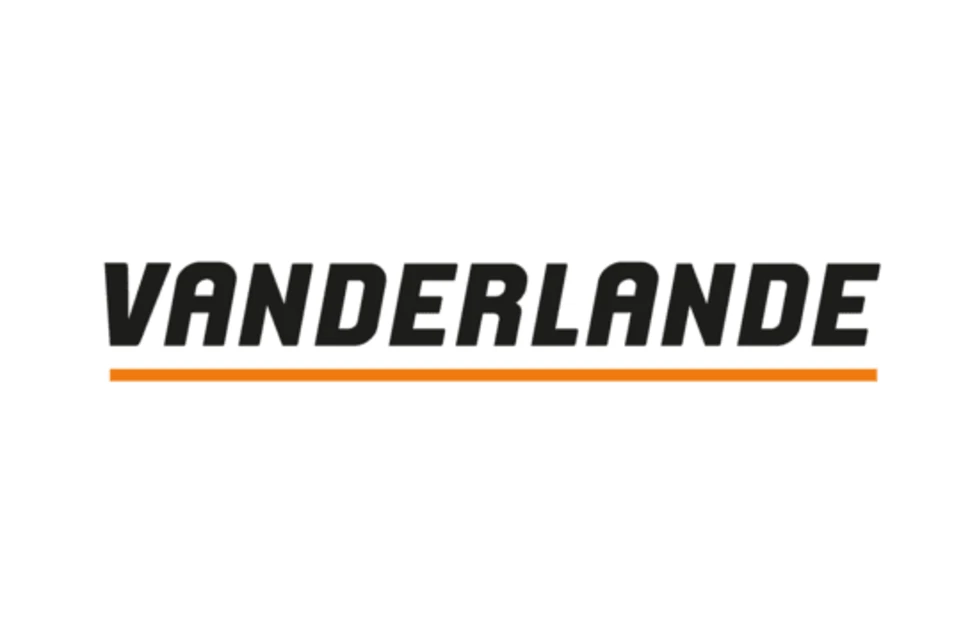UK and French elections shake-up steel demand outlook
Election results in France and the United Kingdom resulted in differing steel demand expectations among MEPS's research respondents during July.
In the UK, the Labour Party’s landslide victory was followed by pledges of housebuilding targets and investments in the steel industry and the ports that serve it. France’s snap election resulted in a very different outcome. A hung parliament has left President Emmanual Macron with the difficult task of forming a coalition government.
- This content first appeared in the July edition of MEPS International's European Steel Review. The monthly report features steel prices, price indices, market commentaries and forecasts from across the region. Contact MEPS for details of how to subscribe.
The new UK Government intends to invest GBP3 billion to modernise and rebuild the nation’s steel industry. In its 2023 manifesto, the Labour Party also said that it would spend GBP1.8 billion on ageing ports infrastructure and it wants 1.5 million new homes to be built over the next five years. The UK’s previous, Conservative government had been targeting 300,000 new homes annually. However, just 231,100 new homes were built in 2023 – down 9% on 2022.
UK’s green transition presents challenges
These actions could provide a boost to the nation’s construction sector, which is already more positive than those of its European neighbours, according to the Hamburg Commercial Bank’s Construction PMI. The UK’s PMI declined from 54.7 to 52.2 points in June, remaining well above the 50-point mark which divides growth from contraction.
Steel suppliers to the oil and gas industry may be less positive. The UK’s new government is understood to be considering a ban on new North Sea drilling licences. It has also pulled support from a new coal mine in Cumbria as it aims to promote renewable energy by encouraging an increase in onshore and offshore wind farm developments.
MEPS’s respondents are hopeful that the new government will help to turn around the ongoing weak demand for steel. As in mainland Europe, MEPS’s UK steel prices continued to decline as demand failed to keep pace with supply during July’s research period.
The future of the UK’s domestic steel supply remains a key topic for steel traders. MEPS understands it is unlikely that the appointment of a new government will change Tata Steel’s plans to close its second, and final, Port Talbot blast furnace by the end of September. Consequently, the new government will be expected to act on Tata’s application to the Trade Remedies Authority for a temporary suspension of the UK import safeguard measures. The move may be required to accommodate the steelmaker’s reliance on material imported via the measures’ hot rolled coil quota, during its transition to EAF-based production.
Political uncertainty dents French recovery hopes
In France, steel suppliers are nervous about the effect of political uncertainty on the nation’s already negative economic sentiment. Before France’s June 30 and July 7 elections, one MEPS respondent suggested that a win for French politics’ left-wing could lead to an increased tax burden on companies, harming investment. He added that a win for the right-wing may result in curbs on immigration that would deepen some sectors’ labour shortages. Ultimately, neither outcome occurred. Although the left-wing Nouveau Front Populaire bloc won the most parliamentary seats, it fell short of achieving a parliamentary majority.
MEPS’s research partners in France comment that large, steel-consuming infrastructure projects will be put on hold and new investment halted until a coalition government is formed. However, steel producers and sellers were already anticipating a summer of extended maintenance shutdowns due to continued low demand. Some projects had also been halted during this summer's Paris Olympics. Nevertheless, many steel sector participants now fear that their wait for a market recovery may be prolonged further.

Source:
European Steel Review
The MEPS European Steel Review is an informative, concise and easy-to-use monthly publication, offering unique professional insight into European carbon steel prices.
Go to productRequest a free publication





